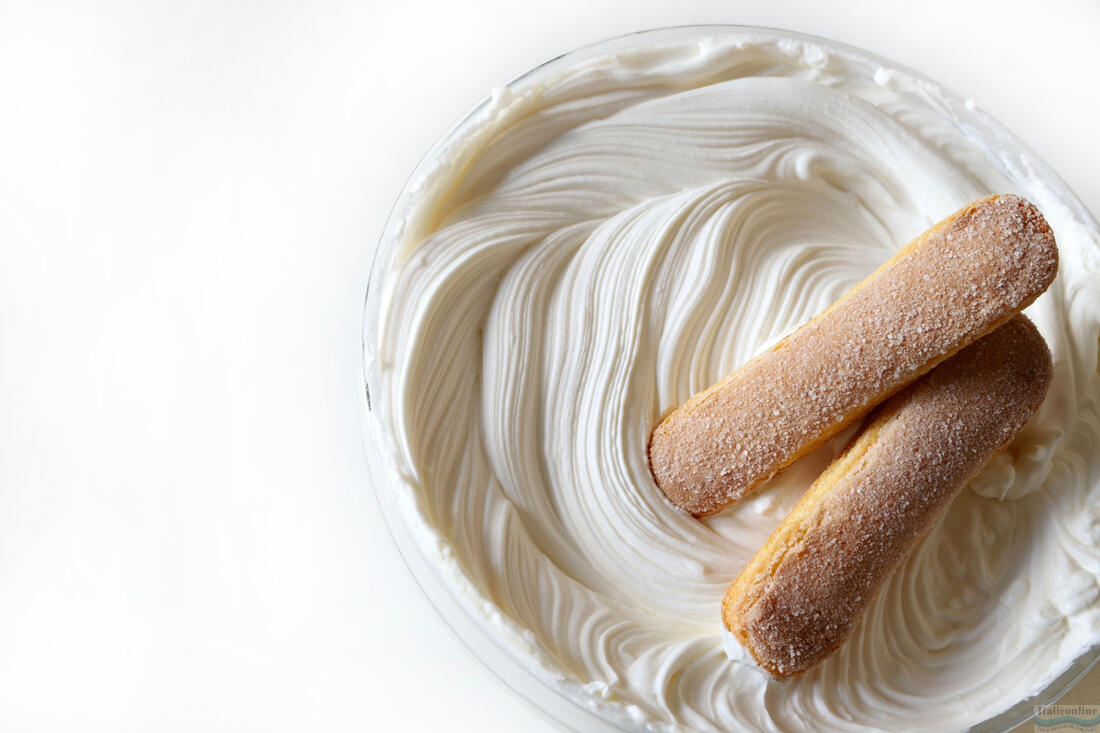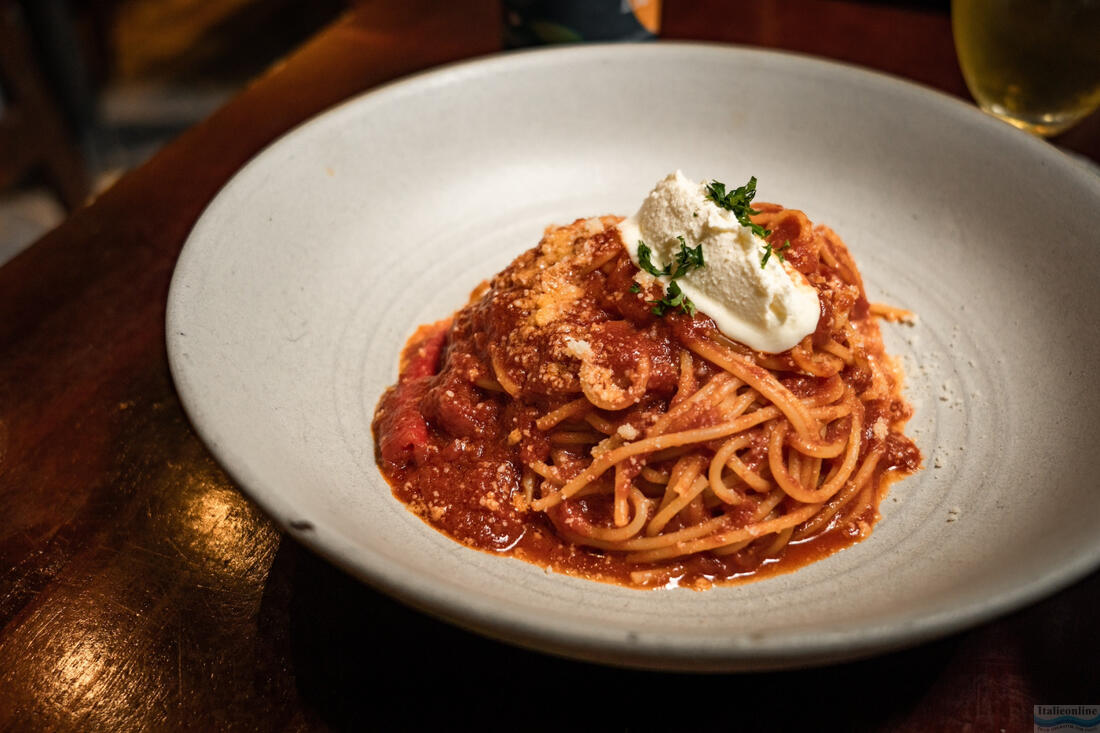Mascarpone has a long history that dates back to the 16th century. It was originally produced in rural areas of Lombardy, where it was primarily used as a luxury delicacy. It gradually spread to other regions and gained a place on Italian tables. Today, mascarpone is popular all over the world and enjoys great popularity thanks to its versatility and finesse.
What is mascarpone?
Mascarpone is an Italian cheese that originates from the Lombardy region. It is made with fresh cream and tartaric acid (or lemon juice), which gives it a slightly sour taste and a unique texture reminiscent of thick whipped cream. It is not aged, which means it is made fresh and must be consumed quickly. Unlike traditional cheeses, it contains no rennet and has a higher fat content, making it rich and velvety smooth.

How is mascarpone made?
The process of making mascarpone is simple. The heated cream is mixed with an acid that causes it to curdle, forming the cheese. This is then strained through a cloth to remove excess liquid. The result is a thick, creamy mass that is smooth to the touch and has a pleasant, slightly sweet taste.
Using mascarpone in the kitchen
Mascarpone is best known as a component of tiramisu, but its uses go back much further. Its neutral flavour makes it ideal for both sweet and savoury dishes. In addition to tiramisu, mascarpone is often used in conjunction with fruit, where its creamy texture perfectly complements the freshness of strawberries, raspberries or blueberries. It can also be mixed into custards or made into a simple cheesecake.

In savoury dishes, mascarpone is useful in pasta sauces, where it adds smoothness and creaminess to the dish. It is perfect in combination with salmon or mushrooms, or perhaps in risotto.
But you can also mix mascarpone with herbs and garlic for a simple but delicious dip for fresh vegetables or pastries. It can also be added to spreads.







